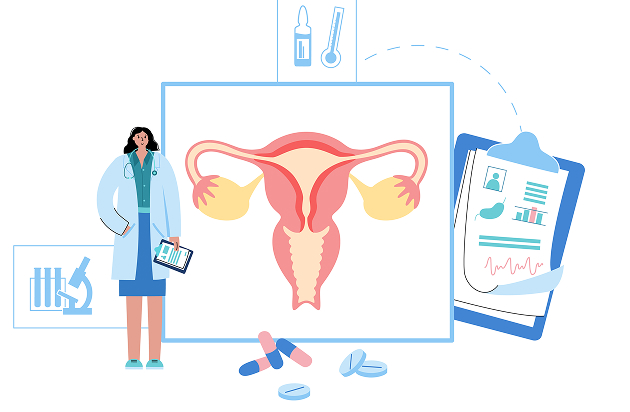
Polycystic Ovarian Disease (PCOD) and Polycystic ovary syndrome (PCOS) are common hormonal disorders affecting women at a reproductive age. While they are often confused due to similar symptoms like irregular periods, weight gain, acne, and fertility challenges, they are actually distinct conditions.

| Condition | PCOD (Polycystic Ovarian Disease) | PCOS (Polycystic Ovary Syndrome) |
|---|---|---|
| Definition | A condition where ovaries release immature or partially mature eggs that form cysts | A hormonal disorder causing ovaries to produce excess androgens, disrupting ovulation |
| Severity | Less severe; more common | More serious; less common |
| Cause | Mainly due to hormonal imbalance and lifestyle factors | Often caused by hormonal imbalance, insulin resistance, and genetics |
| Ovulation | Often delayed, but still occurs | Ovulation may stop entirely or become very irregular |
| Fertility Impact | Mild; most women can conceive with basic medical help | Can cause significant fertility issues and may require advanced treatment |
| Symptoms | Weight gain, irregular periods, acne, hair thinning | Severe acne, facial hair, infertility, obesity, irregular cycles |
| Associated Health Risks | Low risk of metabolic complications | Higher risk of Type 2 diabetes, heart disease, endometrial cancer |
| Hormone Levels | Mild elevation in androgens | High androgens (testosterone, DHEAS) |
| Long-Term Management | Often managed with diet and lifestyle changes | Requires medical management and long-term monitoring |
| Reversibility | Yes, with lifestyle changes | Managed, not cured; needs continuous care |









At Abha Surgy Centre, we have experienced gynaecologists who specialize in the diagnosis and treatment of PCOD and PCOS, offering personalized care plans that address your specific symptoms and health goals.